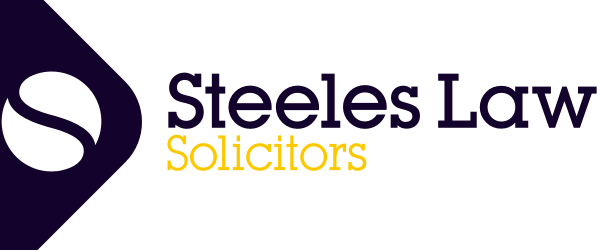Steeles Law joins Ashtons Legal
Steeles Law was acquired by fellow Norfolk-based law firm, Ashtons Legal, on 1st December 2021.
This merger will take the Ashtons’ team to 400 people and we look forward to seeing clients in Ashtons’ existing offices in Norwich, Bury St Edmunds, Cambridge, Ipswich and Leeds (in Leeds trading as Heslop & Platt). The majority of Steeles’ staff will transfer to Ashtons’ Norwich office on Meridian Business Park, with the remainder joining the firm’s offices in Bury St Edmunds. Like Steeles, Ashtons Legal is authorised and regulated by the Solicitors Regulation Authority.
The combined teams will allow existing and future individual and business clients access to a strengthened, wider team offering a broader range of legal services. Ashtons Legal also has a number of specialist brands; Heslop & Platt who deal solely with French property law, Ashtons HR Consulting, and Ashtons Franchise Consulting.

